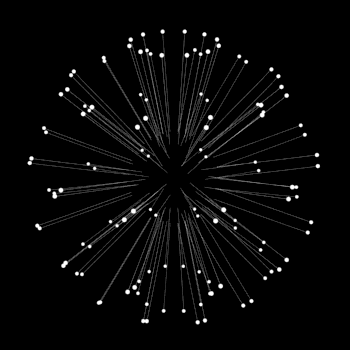A bag of sugar has a mass of 7.86 kg. a. What is its weight in newtons on the moon, where the acceleration due to gravity is one-sixth that on earth? b. What is its weight on Jupiter, where the acceleration due to gravity is 2.64 times that on earth?
2 Answers
The bag weighs 77.0 N on Earth, 12.84 N on the Moon and 203.35 N on Jupiter.
Explanation:
Whenever we are asked to determine the weight of an object based on its mass, the relation is
where
So, if
and on Jupiter
By the way, it is also common to call
Explanation:
The equation for weight is
#W# = Weight (#N# )#m# = mass (#kg# )#g# = acceleration due to gravity (#ms^(-2)# )
On Earth,
For the Moon,
For Jupiter,



